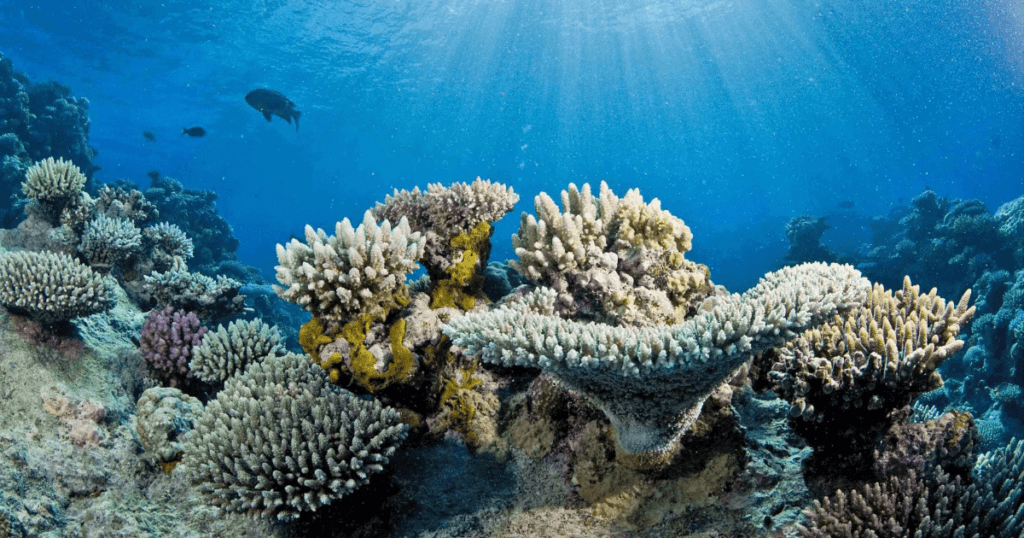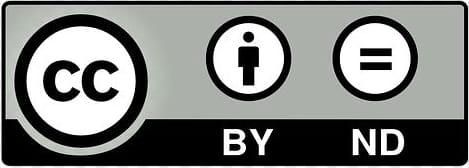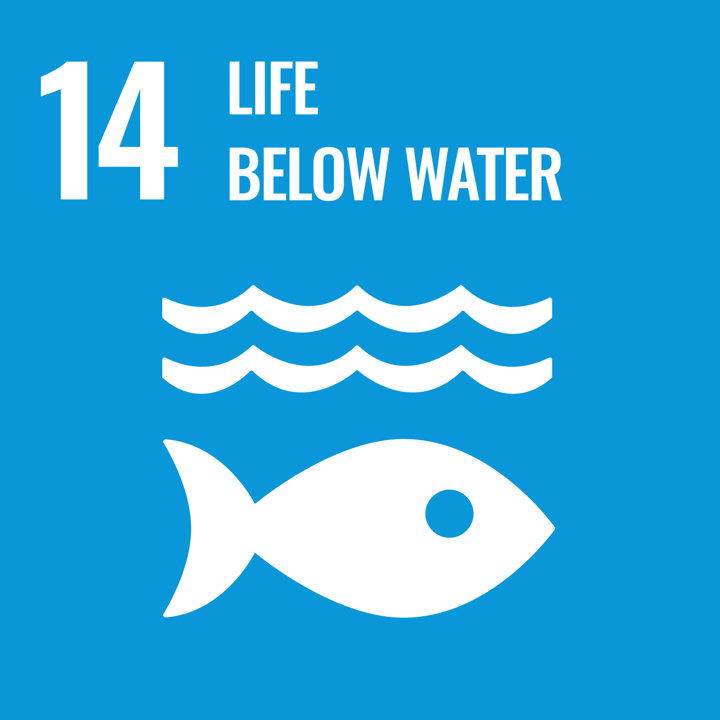
Προβλεπόμενος τελικός χρήστης: Δάσκαλος
Ηλικιακή ομάδα: Κατώτερη Δευτεροβάθμια- Ανώτερη Δευτεροβάθμια
Σχολικό πρόγραμμα σπουδών: Science; Social, Social & Environment Science
Θέματα και θεματικές ενότητες: Environmental Change; Futures Thinking; Information & Knowledge
Διάρκεια: 4 levels, each 30 – 60 minutes
Τύπος πόρου: Game, Audio/Video, Lesson Plans, Online Course
Λέξεις-κλειδιά: Scientific/Climate Literacy, Coral Reefs, Climate Change, Ocean Temperature, Data Analysis
Γλώσσες: Αγγλικά
Περιγραφή
Coral reefs are one of the most diverse ecosystems on the planet. Found throughout tropical regions, they support an estimated 500 million people (one in every 15 people) in terms of food, livelihoods and other benefits.1 Even though coral reefs face numerous threats, rising temperatures associated with climate change is one of the greatest. In this module, students will use real data to investigate the consequences of rising ocean surface temperature on coral reefs. They will also consider the importance of coral reefs in their own lives.
Through the lessons in this module, designed for grades 6-12, students are guided through the use of National Oceanic and Atmospheric Administration (NOAA) data (ocean surface temperature, coral bleaching hotspots, and accumulated heat stress) to understand how scientists monitor coral bleaching events in order to determine what is happening to the health of coral reefs in the world’s oceans. The module offers lessons at five different levels, beginning with basic graph interpretation (Levels 1 & 2) and building towards activities that challenge students to ask questions and develop their own data investigations (Levels 4 & 5).
Πώς να χρησιμοποιήσετε αυτόν τον πόρο
Teachers can use this resource to engage students in real-world scientific investigation by analyzing NOAA data on ocean temperatures and coral bleaching. The module offers five levels of activities, from basic graph interpretation to independent data analysis, allowing differentiation based on student ability. Through guided inquiry, students explore the ecological and human significance of coral reefs, develop data literacy skills, and critically assess climate change impacts. Teachers can integrate these lessons into science, geography, or environmental studies curricula, fostering hands-on learning and real-world problem-solving while encouraging students to consider their own connection to marine ecosystems.
Οι πόροι
The resources and tools can be found here:
Μαθησιακά αποτελέσματα
- Αναζήτηση προηγούμενων γνώσεων και περαιτέρω ανάπτυξη της γνώσης και της κατανόησης βασικών εννοιών της Αειφόρου Ιθαγένειας, αμφισβητώντας καθιερωμένες κοσμοθεωρίες και αξίες.
- Εφαρμογή μιας σειράς κατάλληλων εργαλείων και πλαισίων για την προώθηση της αειφόρου πολιτειότητας των μαθητών
- Αναστοχασμός της πρακτικής και εξέταση των εθνικών προγραμμάτων σπουδών για τον εντοπισμό ευκαιριών προώθησης της ιδιότητας του πολίτη της αειφορίας με διεπιστημονικούς τρόπους και συνεργασία με εξωτερικούς ενδιαφερόμενους φορείς.
- Συνθέτουν συνεργατικά τις γνώσεις, τα εργαλεία και τα πλαίσια για να δημιουργήσουν εκπαιδευτικό υλικό και σχέδια μαθημάτων προσαρμοσμένα στο δικό τους τοπικό πλαίσιο.
- Ανάπτυξη και εφαρμογή κριτηρίων αξιολόγησης για την αξιολόγηση της αειφόρου πολιτειότητας των μαθητών.
Πράσινες ικανότητες
- Ενσάρκωση βιώσιμων αξιών: Valuing Sustainability; Promoting Nature
- Αγκαλιάζοντας την πολυπλοκότητα στη βιωσιμότητα: Συστημική σκέψη; Κριτική σκέψη; Διαμόρφωση προβλημάτων
- Οραματιζόμενοι βιώσιμα μέλλοντα: Futures Literacy; Adaptability; Exploratory Thinking
- Δράση για τη βιωσιμότητα: Συλλογική δράση
Creative Commons

This curriculum module was originally developed for the NOAA Ocean Data Education (NODE) Project. This 4th edition (2024) was completed under contract by Amy Dean. Data in the Classroom is a collaboration of many NOAA programs and offices including: National Environmental Satellite, Data, and Information Service (NDIS), National tuarine Research Reserve System, National Oceanographic Data Center and the Office of National Marine
Sanctuaries.
Permission is hereby granted for the reproduction of these lessons without alteration and on the condition that the acknowledgment above is cited.
SDGs


